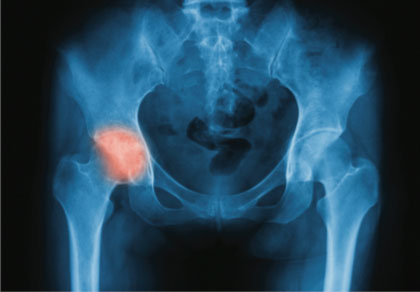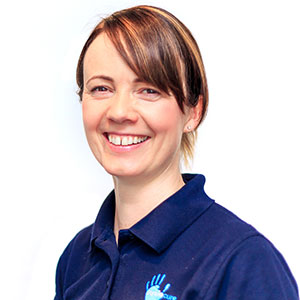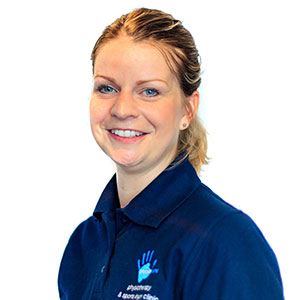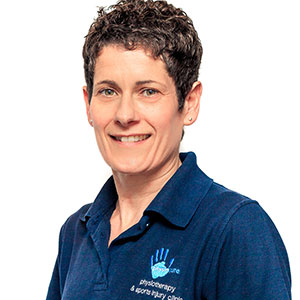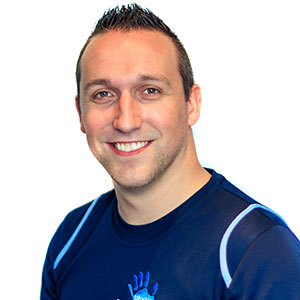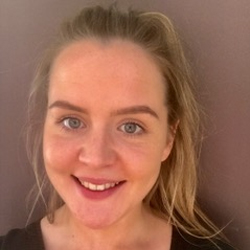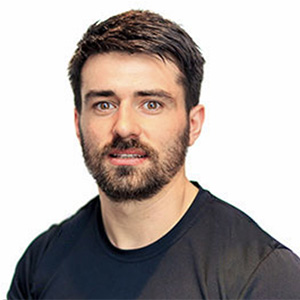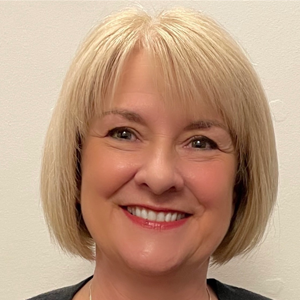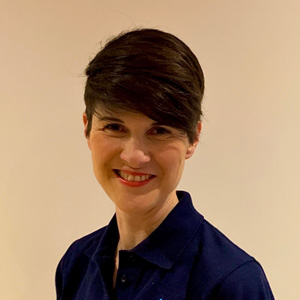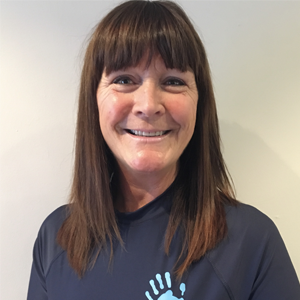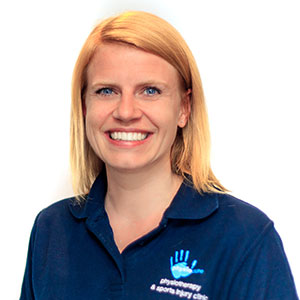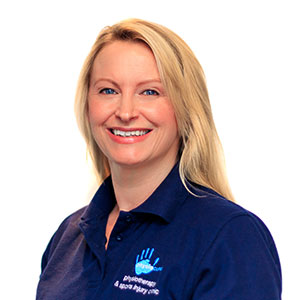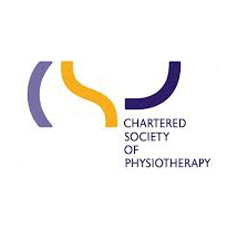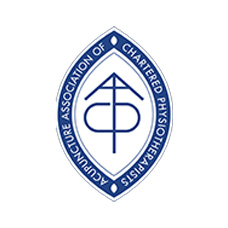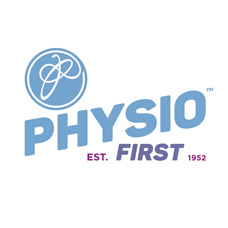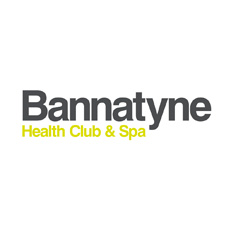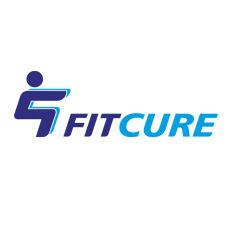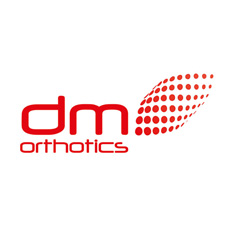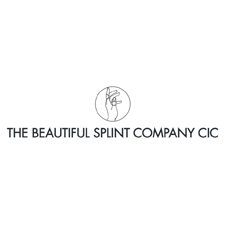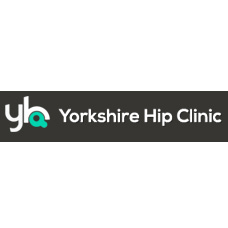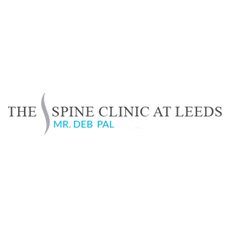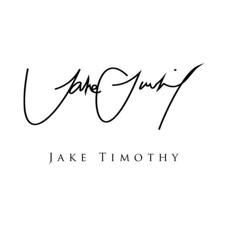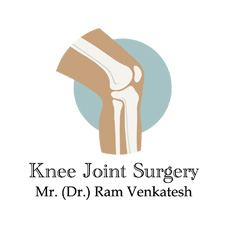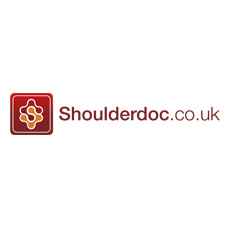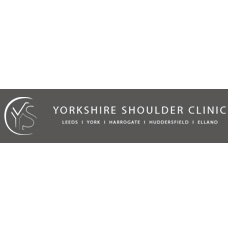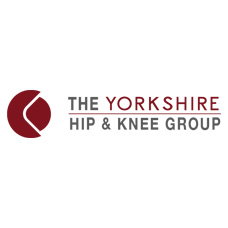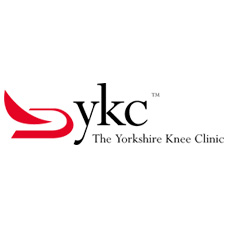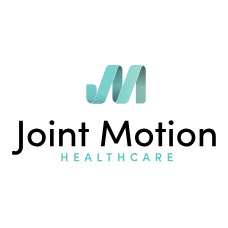Acupuncture
At Physiocure®, Louise, Anna, Nicky, Eliza and Suzannah have trained in acupuncture through AACP (The Acupuncture Association of Chartered Physiotherapists) validated courses http://www.aacp.org.uk.
The 2021 NICE (National Institute of Clinical Excellence) recommend Acupuncture in the management of chronic pain. Click here to read the PDF.
The AACP report ‘Acupuncture is one of the many skills used within physiotherapy as part of an integrated approach to the management of pain and inflammation. Physiotherapists base their treatments on scientific research and clinical evidence that Acupuncture can reduce pain by stimulating the brain and spinal cord to produce natural pain-relieving chemicals such as endorphins, melatonin (which promotes sleep) and serotonin (to promote well-being), to name but a few. These chemicals assist the body's healing processes and offer pain relief as a precursor to other treatments such as manual therapy or exercise in order to aid recovery.
Acupuncture forms part of traditional Chinese medicine (TCM). This ancient system of medicine dates back as far as 1000 years BC and is based on a holistic concept of treatment which regards ill health as a manifestation of imbalance in the body’s energy. Re-establishing a correct balance is the aim of TCM. Energy is referred to as Qi, (pronounced chee) and is described in terms of Yin energy – quiet and calm and Yang energy –vigorous and exciting. They are complementary opposites and in health exist in a dynamic but balanced state in the body. Practitioners of TCM believe that stimulating certain Acupuncture points on the body can help to restore the balance between Yin and Yang that becomes disturbed in illness.
AACP members combine TCM principles with scientific evidence as a means of reducing pain and promoting healing, always with the aim of enhancing physiotherapy treatments such as exercise and rehabilitation techniques to promote recovery and improve quality of life.
There are several techniques for applying acupuncture and these are described below:
Conventional acupuncture
Conventional acupuncture involves the use of single-use, pre-sterilised disposable needles of varying widths, lengths and materials that pierce the skin at the acupuncture points. The physiotherapist will determine the locations of these points on the basis of an assessment of the cause of the imbalance. A number of needles may be used during each treatment, and these are typically left in position for between 20 and 30 minutes before being removed.
Trigger point acupuncture may also be used to facilitate relaxation in specific muscles following traumas, for longer-term unresolved muscle pain, or as a means of increasing muscle length in order to aid stretch and rehabilitation. In the latter case, the needle is inserted into the affected muscle until the tissue is felt to relax under the needle, which is then removed. Trigger point needling often produces an effect much more quickly, and therefore, does not require the 20–30-minute treatment time.
Acupressure
In acupressure treatment, physiotherapists use their hands to activate acupuncture or trigger points in order to relieve muscle tightness, or to stimulate Qi flow and balance the body. It is a healing art in which the fingers are applied to key acupuncture points. The amount of pressure used varies according to the condition and requires trained, sensitive hands. It is often used to treat patients who are sensitive, those with a phobia of needles, children and frail people.
Cupping
Cupping is a technique used to introduce increased stimulation of Qi flow. These enhancements have the effect of increasing the circulation, removing waste products, and reducing muscle spasm and pain. Cupping may also be used as precursors to the physiotherapist stretching the damaged tissue or mobilising a joint. Conditions treated with these techniques include osteoarthritis, areas of poor Qi flow and cold conditions.
Electroacupuncture
Following a detailed physiotherapy assessment, inserted needles can be coupled to the electrodes of an electroacupuncture machine. These units are designed to deliver variable amplitudes and frequencies of electrical impulses. Low-frequency electroacupuncture is intended to contribute to the mechanism of pain reduction, especially by stimulating chemicals in the brain that aid analgesia, relaxation and sleep.
This technique is particularly useful in chronic pain problems and solid research supports its use’.

